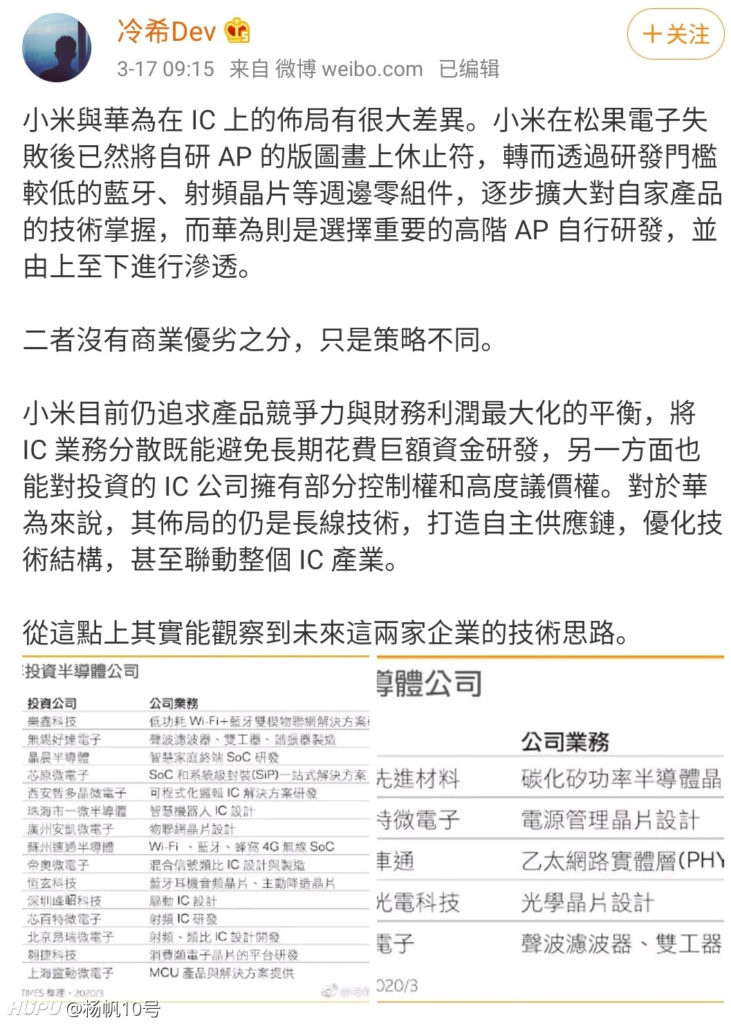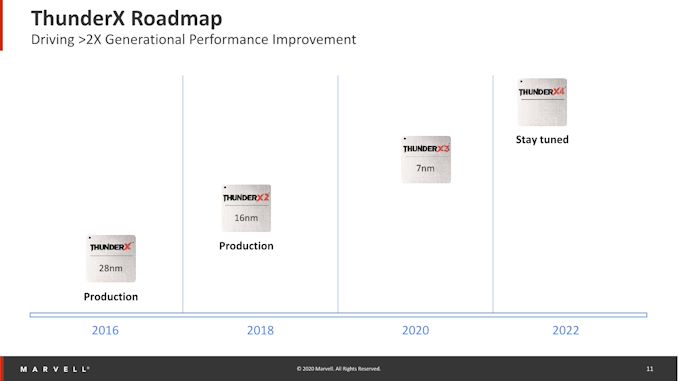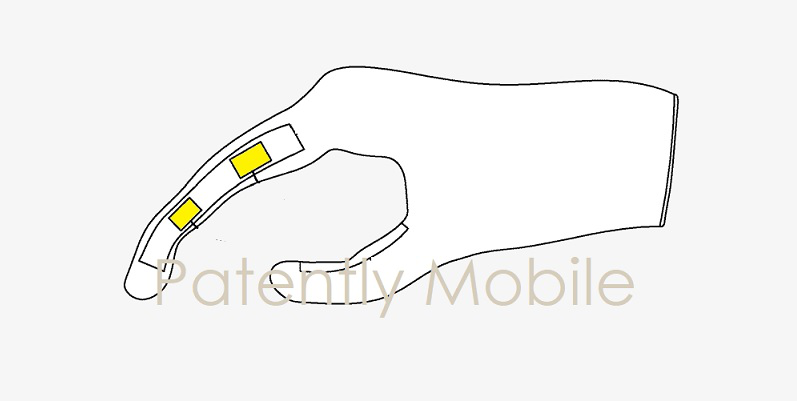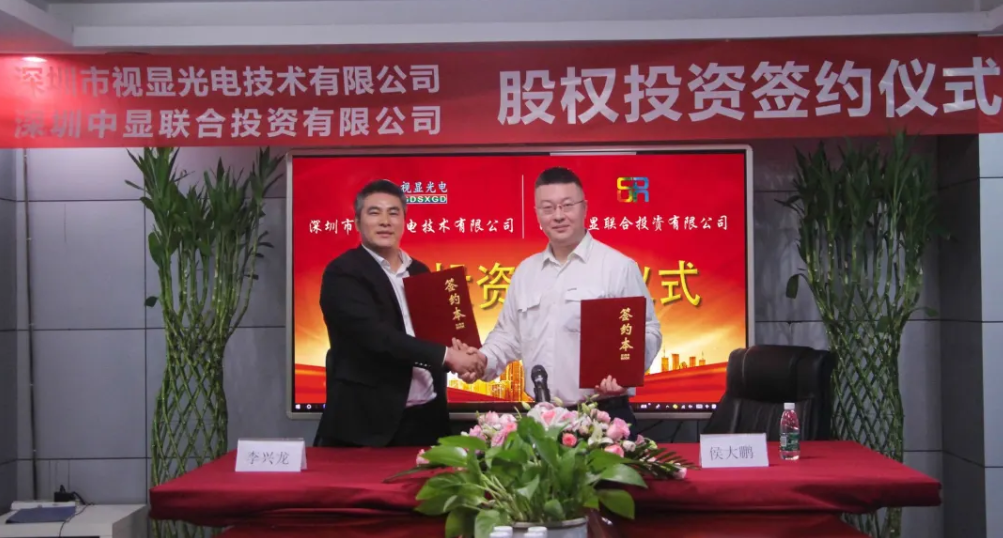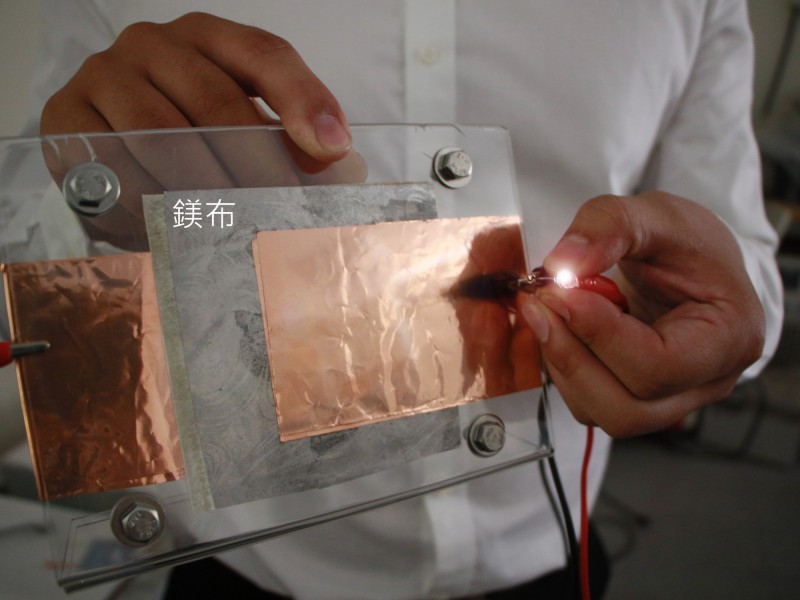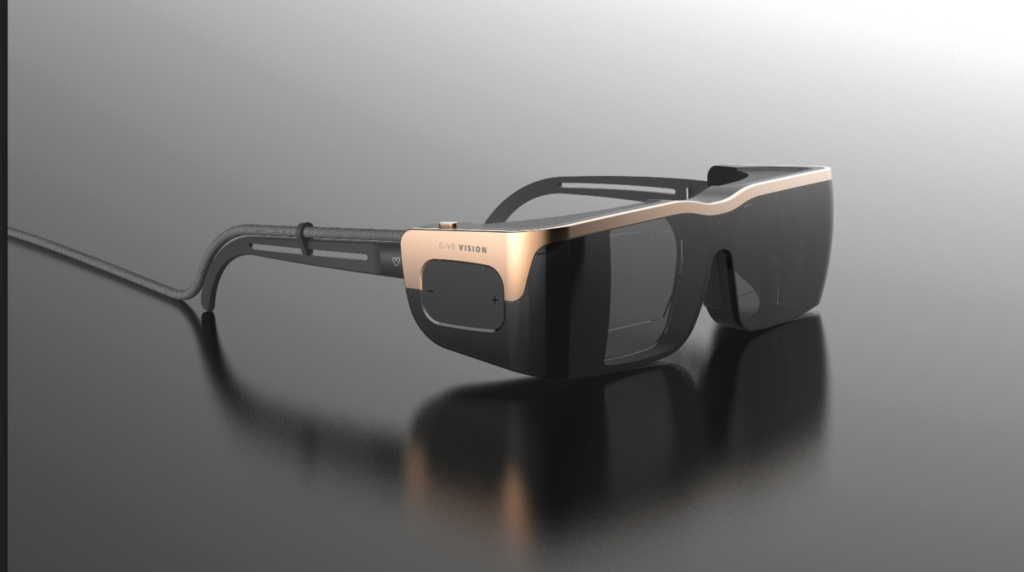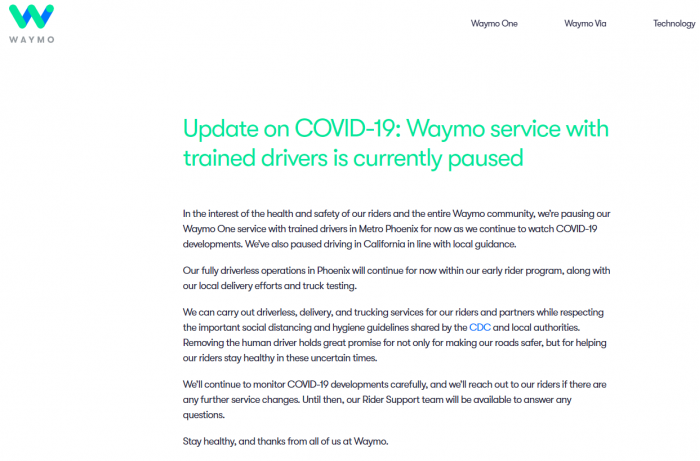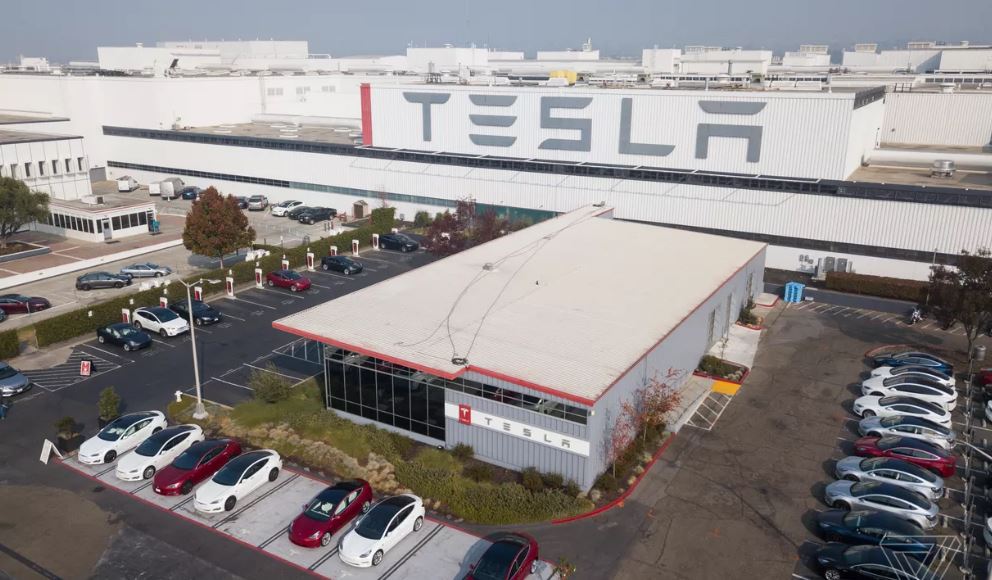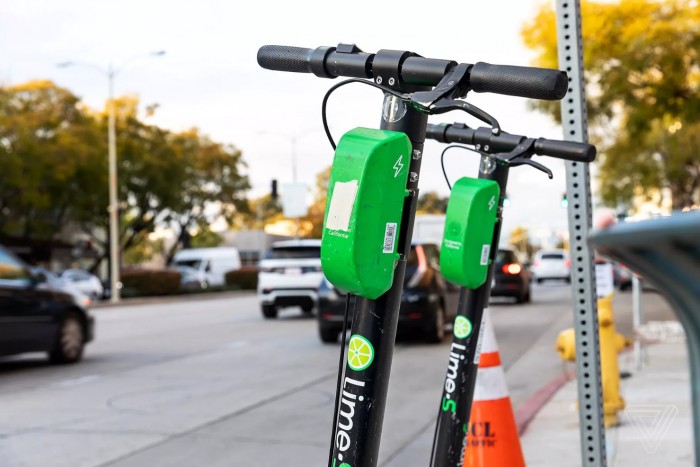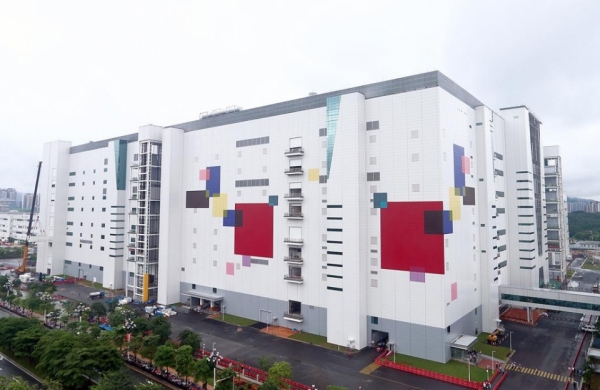
3-18: Xiaomi has allegedly put an end to its ambition of application processor (AP) development; LG Display (LGD) Guangzhou plant may start mass production in May 2020; etc.
Chipsets
After the failure of Pinecone Electronics, Xiaomi has allegedly put an end to its ambition of application processor (AP) development. Instead, Xiaomi has turned to developing peripheral components such as Bluetooth and RF chips with lower thresholds to gradually expanded its technological mastery of its own products. This also means that Xiaomi has abandoned the development of smartphone processors, and the rumored Surge S2 chip has no possibility of launch. (CN Beta, Tencent, CN TechPost)
Marvell is announcing the new server CPU ThunderX3. Adopting a new microarchitecture with higher IPC capabilities, the new TX3 also ups the clock frequencies, and now hosts up to a whopping 96 CPU cores, allowing the chip to scale up to 384 threads in a single socket. (CN Beta, AnandTech, HPC Wire)
Touch Display
LG Display (LGD) Guangzhou plant may start mass production in May 2020. The project is originally scheduled to begin mass production at the end of Jan, but is delayed due to the COVID-19. Under the epidemic situation, the LGD Guangzhou plant’s capacity target is also lowered by 33%. In addition to the LGD Guangzhou project, the output of Wuhan BOE’s Gen-10.5 LCD factory (B17) has also declined. (Laoyaoba, The Elec)
Microsoft’s patent relating to smart gloves having flexible regions of varying stiffness for accommodating both wearability and input / output device performance. When included, an input subsystem may comprise or interface with one or more user-input devices such as a keyboard, mouse, touch screen, or game controller. (Laoyaoba, Patently Mobile)
Shenzhen-based Gdsxgd Photoelectric Technology has been granted series Pre-A funding, which will be used for 8K ultra-high-definition display, 5G high-speed data transmission, AI, etc. The company has developed key display and transmission technologies such as HDMI2.1, DP1.4, HDCP, DSC, Local Dimming, and NVMe controllers, and has reached cooperative relationships with AUO, BOE, Innolux, and CLP Panda. (O9Z, Laoyaoba)
Camera
Xiaomi’s new patent indicates that the company could be working on a phone that could fold vertically while the front cameras would be used as rear cameras. The cameras will serve as a front and rear camera using a flip mechanism and a motor. (GizChina, CN Beta, Tiger Mobiles)
Memory
Samsung Electronics Chief Executive Kim Ki-nam has indicated that the coronavirus and U.S.-China trade disputes were casting a shadow over the outlook for Samsung. However, the demand from data centers would fuel a recovery in memory chip markets. He expects chipmakers to focus on upgrading manufacturing processes rather than expanding capacity this year, limiting supply. (CN Beta, Samsung, ZDNet, YNA, Reuters)
Battery
National Cheng Kung University (NCKU) has developed flexible (bendable) chargeable batteries using magnesium alloy / ceramic powder and nonwoven fabric produced by KNH Enterprise. A small patch (1.5cm in diameter) of such a fully-charged battery can support over 36-hour continued lighting by an LED light bulb. (Digitimes, press, LTN, China Times)
Phone
Refurbed, a marketplace for the refurbished electronics plans to take advantage of this growing market, after raising a USD17M Series A round of funding led by Finland’s Evli Growth Partners. The startup’s refurbish devices are renewed through a 40-step process and come with a 12-month guarantee. (TechCrunch)
vivo’s VP and president of its Chinese operations Liu Hong has revealed that vivo sales since Mar 2020 have increased by more than 10% when compared to the same period in 2019. He has revealed that with the Coronavirus epidemic under control, more than 80% of its workforce has returned to work and that has had a tremendous effect on its production lines with over 90% increase in output. He has hinted that the company’s 5G phone production capacity each day will surpass 100K units by mid-Mar 2020. Moreover, he also forecasts that the prices of 5G phones will drop to around CNY1,500 (USD214) by 4Q20. (Gizmo China, GizChina, IT Home)
OnePlus has officially revealed its new logo, which is now live on the company’s website. (Gizmo China, CN Beta)
realme 6i is launched in Myanmar – 6.5” 720×1600 HD+ IPS, MediaTek Helio G80, rear quad 48MP-8MP ultrawide-2MP macro-2MP depth + front 16MP, 3+64 / 4+128GB, Android 10.0, rear fingerprint, 5000mAh 18W, MMK249,900 (USD180) / MMK299,900 (USD210). (Gizmo China, GSM Arena, GizChina)
Moto E6s is announced – 6.1” 1560×720 HD+ IPS, MediaTek Helio P22, rear dual 13MP-2MP depth + front 5MP, 2+32GB, Android 9.0, rear fingerprint scanner, 3000mAh 5W, below USD100. (GSM Arena, GizChina)
OPPO Reno3 (4G) is announced in India – 6.4” 1080×2400 FHD+ AMOLED, MediaTek Helio P90 MT6779, rear quad 48MP-13MP telephoto 2x optical zoom-8MP ultrawide-2MP mono + front 44MP, 8+128GB, Android 10.0, under display fingerprint, 4025mAh 30W. (Gizmo China, GSM Arena, OPPO)
Wearables
Oura, a Finnish startup that creates a smart activity- and sleep-tracking ring, has raised USD28M in a series B round of funding from Google’s Gradient Ventures, Jack Dorsey’s Square, and Forerunner Ventures. Oura monitors the user’s pulse, movement, and temperature to deliver a “holistic picture” of their health. (VentureBeat, TechCrunch, 7tin)
Augmented / Virtual Reality
GiveVision, the U.K. startup creating wearable technology to help “restore” sight to people with visual impairments, is partnering with Sony (via the Sony UK Technology Centre) to develop and manufacture its next generation device. GiveVision says it will be working with Sony UK Tec to help bring to market a new, lightweight version of the startup’s “SightPlus” device. (TechCrunch, GiveVision, CN Beta)
Automotive
Waymo is pausing operations of Waymo One, a service in the Phoenix area that allows the public to hail rides in self-driving vehicles with trained human safety operators behind the wheel, in response to the COVID-19 pandemic. Waymo is also halting testing on public roads in California. However, Waymo will keep some operations up and running, notably its truly driverless vehicles. (CN Beta, TechCrunch, Waymo)
Tesla suspends normal operations at its Fremont, California factory for 3 weeks due to the COVID-19 pandemic. (Road Show, The Verge)
Lime is temporarily suspending service in California and Washington, as well as Italy, France, and Spain, in response to the novel coronavirus pandemic. The announcement came after San Francisco and its surrounding counties instituted a “shelter in place” order intended to curb the spread of the disease. (CN Beta, The Verge, Geek Wire)
